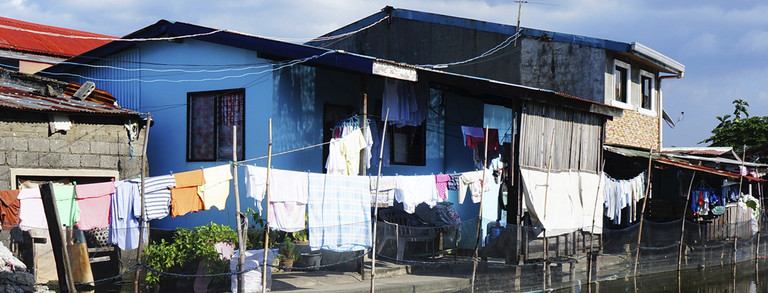Workshop October 2020
Following the two stakeholder workshops held at UP SURP in February 2018 and 2020 respectively, this online validation workshop series covers updated concerns and interests of the stakeholders, particularly the shift on their agencies’ strategies and activities on how to adapt to COVID-19 global pandemic. We are keen to learn how our stakeholders advise the national government on developing policies that emphasize the impacts COVID-19 in sustaining livelihoods; and how the Local Government Units respond to the overlay of multi-hazard and the most critical livelihood issues experienced by the ISFs.
Objectives of this online workshop series include the following:
- To consolidate contact with key stakeholders and learn their updated concerns regarding LIRLAP work packages (WPs) and issues beyond;
- To initiate start-up short training program;
- To validate the project preliminary results and identify missing knowledge gaps;
- To screen potential viable strategies, disseminate research outcomes and prepare for R&D phase; and
- To preliminarily set up a range of scenarios for LIRLAP conditioned with current uncertainties and impacts brought about by the pandemic.
Outcomes of this online workshop series
Besides output derived from each individual work package the following outcomes were derived:
- Synchronized results will be used for the full proposal writing of the subsequently planned four-year R&D phase (2021-2024) in collaboration with the two cooperation above-mentioned partners from Germany, UP SURP (as local hub) and ASEAN partners Thailand and Vietnam, particularly on channeling the regional interests of climate resilience into an international discourse.
- Key results will form the basis for a special issue of the journal “Sustainability” on "Sustainable Planning of Urban Regions (ISSN 2071-1050)" (guest editor Prof. Stefan Greiving, LIRLAP project coordinator, TU Dortmund University Germany).
Preliminary research results of LIRLAP four work packages (WPs) in the current phase:
WP1-Risk Trends: Drivers for past urbanization as well as possible future trends for the Manila metropolitan region were identified by evaluating past urban growth by a satellite-based evaluation (e.g. Landsat). The key drivers were compromising based on a trend analysis: urbanization rates, population growth and migration patterns as well as a visual cataloguing of informal settlements. Also, spatial data from a study of households living directly on the city's main waterways were used. In addition, a prototype of an urban growth model using SLEUTH was set up in the second half of the definition phase.
WP2-Resilient Upgrading: Based on the multi-dimensions of upgrading, case selection criteria concluded that ISFs’ views on risks, their coping capacity and their social acceptance of upgrading as pivotal. Existing infrastructure of settlements, as well as their potential integration into the surrounding urban fabric are due to be considered. It was discovered that on-site upgrading has a low priority for the government and there lacks a holistic approach regarding sustainable livelihoods and leveraging upgrading to a city-region level. Four types of onsite upgrading typologies have been summarized as follows: housing structure improvement, site development, land readjustment and legal instrument, e.g. securing land tenure.
WP3-Resilient Retreat: The findings led to a preliminary stakeholder matrix representing the network of all stakeholders involved in resilient urban development planning at the national, regional, local and civil society levels. It provides an understanding of the complex governance structure of the Metro Manila region. A literature review on the measurability of resilience and the success factors of resettlement projects was carried out. Final output is a settlement typology on retreat and resettlement projects.
WP4-Capacity building: A review and analysis of existing training courses and a capacity needs analysis was undertaken. Two course curricula on the topics of Integration of Community Resiliency in Urban Shelter Planning and Management and on Smarter Urban Governance for Settlements Development Planning and Management were developed. A draft of a Dual PhD agreement was coordinated with the TU Dortmund University.
Participants
Around 50 participants came from relevant national, regional and local government agencies, universities and research institutions experts (from the Philippines, Vietnam, Thailand, and Germany), civil society, international organizations (approx. 50 people).





